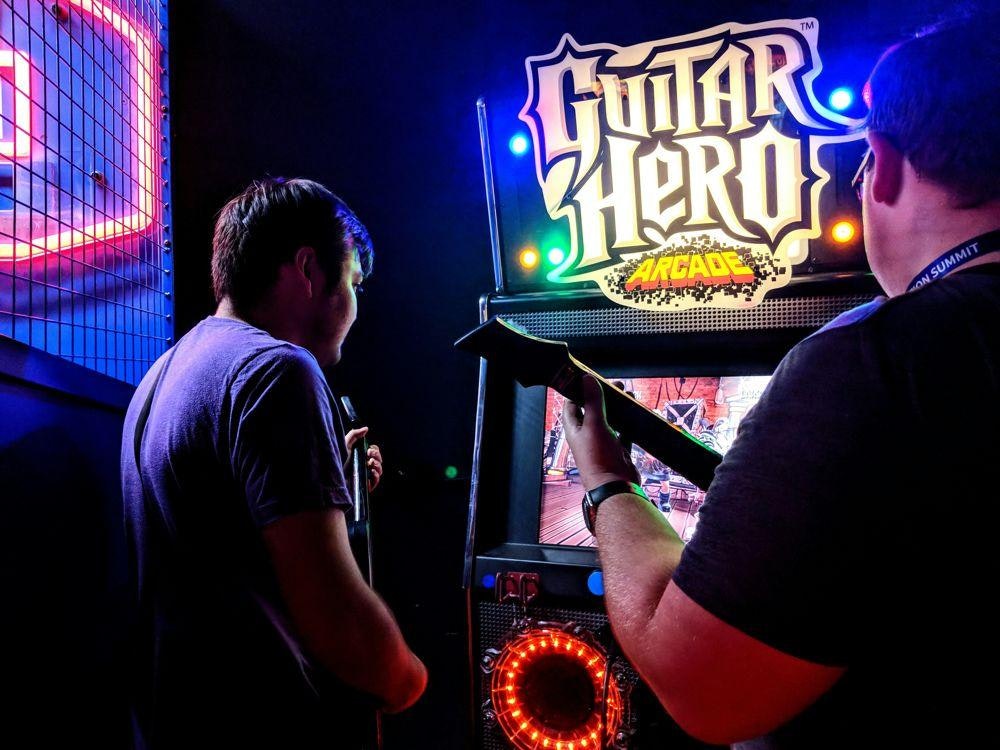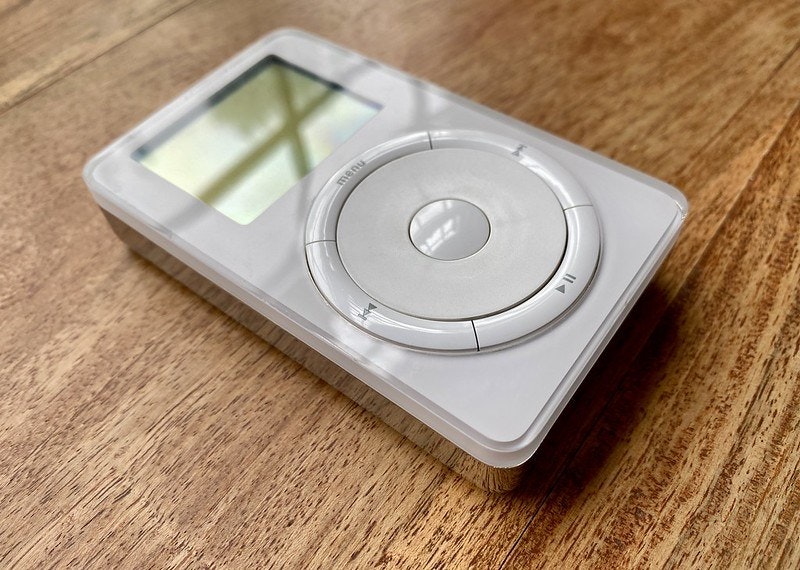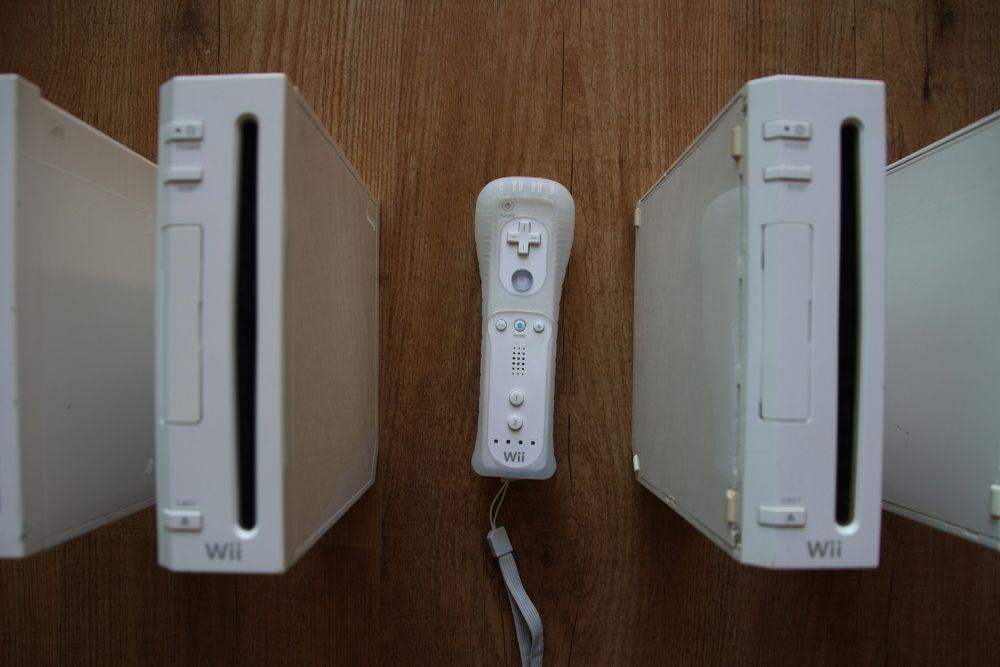Tedium - Control Freaks 🕹️
|
|
|
|
|
|
|
|
|
|
|
Older messages
Did Section 230 Meet Its Match? ⚖️
Friday, August 30, 2024
A new ruling could shift our thinking on Section 230. Here's a version for your browser. Hunting for the end of the long tail • August 30, 2024 Did Section 230 Meet Its Match? A new ruling from a
Getting A Second-Hand Bill 💸
Wednesday, August 28, 2024
Thrifty consumers get a second-hand shock. Here's a version for your browser. Hunting for the end of the long tail • August 28, 2024 Getting A Second-Hand Bill The makers behind connected gadgets
Maybe You’ve Been Brainwashed Too 📻
Sunday, August 25, 2024
The tale of the perfect one-hit wonder. Here's a version for your browser. Hunting for the end of the long tail • August 25, 2024 It's not every day that a famous one-hit wonder decides to re-
When The Coffee Sweats 🥤
Friday, August 23, 2024
Starbucks hires a CEO who screams “fast food.” Here's a version for your browser. Hunting for the end of the long tail • August 23, 2024 When The Coffee Sweats Starbucks, which has devolved from
Platforms Built On Quicksand ⏳
Tuesday, August 20, 2024
Maybe Patreon should go down fighting. Here's a version for your browser. Hunting for the end of the long tail • August 13, 2024 Platforms Built On Quicksand Given the choice between protecting
You Might Also Like
This Week in Rust #588
Saturday, March 1, 2025
Email isn't displaying correctly? Read this e-mail on the Web This Week in Rust issue 588 — 26 FEB 2025 Hello and welcome to another issue of This Week in Rust! Rust is a programming language
WebAIM February 2025 Newsletter
Friday, February 28, 2025
WebAIM February 2025 Newsletter Read this newsletter online at https://webaim.org/newsletter/2025/february Feature Global Digital Accessibility Salary Survey Results The results of the WebAIM and GAAD
JSK Daily for Feb 28, 2025
Friday, February 28, 2025
JSK Daily for Feb 28, 2025 View this email in your browser A community curated daily e-mail of JavaScript news Introducing the New Angular TextArea Component It is a robust and flexible user interface
Daily Coding Problem: Problem #1704 [Medium]
Friday, February 28, 2025
Daily Coding Problem Good morning! Here's your coding interview problem for today. This problem was asked by Amazon. At a popular bar, each customer has a set of favorite drinks, and will happily
iOS Dev Weekly – Issue 701
Friday, February 28, 2025
What does Dave write about when he has a fever? 🤒 Let's find out!
Feature | The Best Visualizations from February on Voronoi 🏆
Friday, February 28, 2025
See the most popular, most discussed, and most liked visualizations on our new data storytelling app Voronoi from February. View Online | Subscribe About a year ago, we launched Voronoi, our free new
Issue #582: Phaser Launcher, DOOM in TypeScript types, and A Prison for Dreams
Friday, February 28, 2025
View this email in your browser Issue #582 - February 28th 2025 Weekly newsletter about Web Game Development. If you have anything you want to share with our community please let me know by replying to
Stop Android photo surveillance 🔍
Friday, February 28, 2025
Cheaper streaming 📺; 1Password nightmare 💀 -- ZDNET ZDNET Week in Review - US February 28, 2025 machine eye A new Android feature is scanning your photos for 'sensitive content' - how to stop
Why Natural Language Coding Isn’t for Everyone—Yet
Friday, February 28, 2025
Top Tech Content sent at Noon! Boost Your Article on HackerNoon for $159.99! Read this email in your browser How are you, @newsletterest1? 🪐 What's happening in tech today, February 28, 2025? The
iOS Cocoa Treats
Friday, February 28, 2025
View in browser Hello, you're reading Infinum iOS Cocoa Treats, bringing you the latest iOS related news straight to your inbox every week. Animatable Protocol: Taming Unruly SwiftUI Animations In










